Description
Ludwig Wittgenstein’s “Philosophical Investigations” is a revolutionary work in philosophy, challenging traditional views of language, meaning, and understanding. Wittgenstein critiques the idea that language can be understood through rigid definitions or logical analysis, proposing instead that meaning is rooted in the way words are used in everyday life. He introduces the concept of language games, where meaning arises from the context of its use rather than from abstract rules. Wittgenstein explores a variety of philosophical problems, questioning assumptions about mind, knowledge, and reality. The work is influential in philosophy of language, logic, and mind, offering a new way of thinking about the relationship between language and the world.

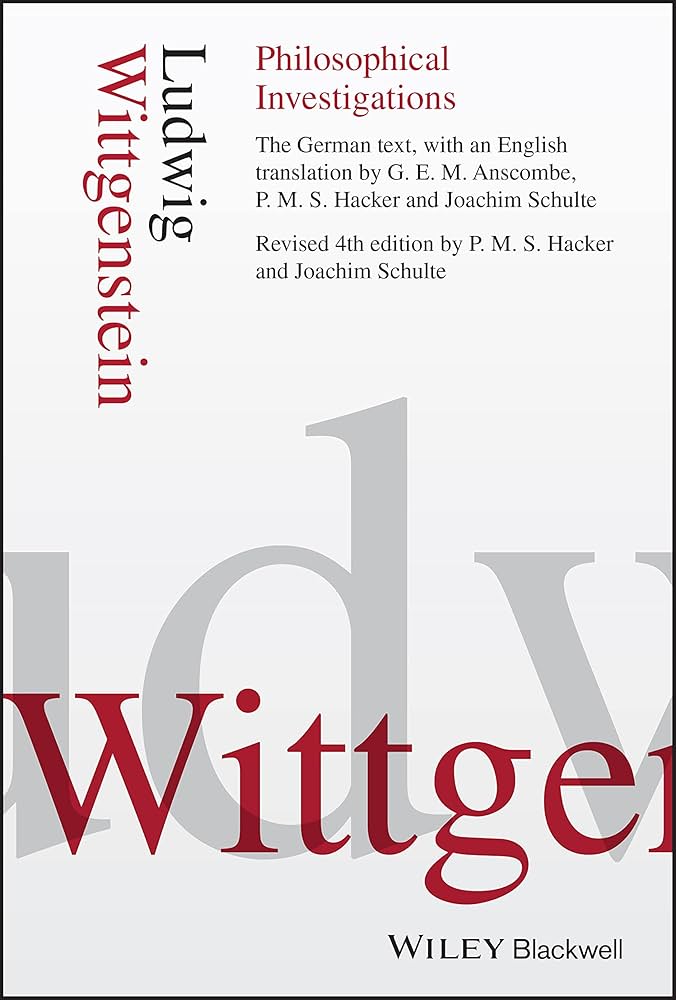
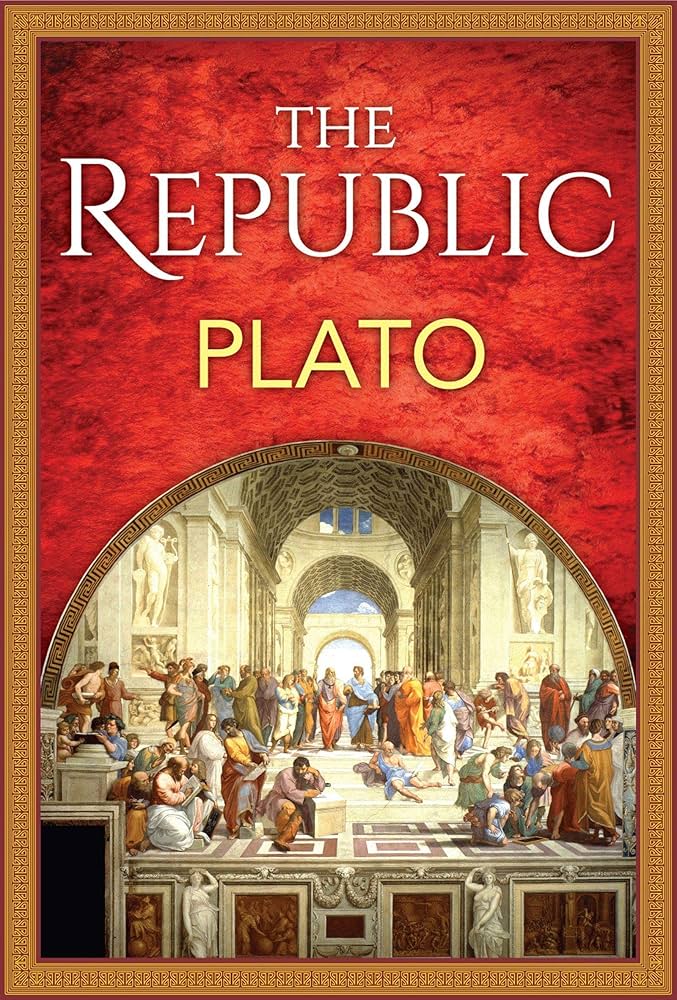
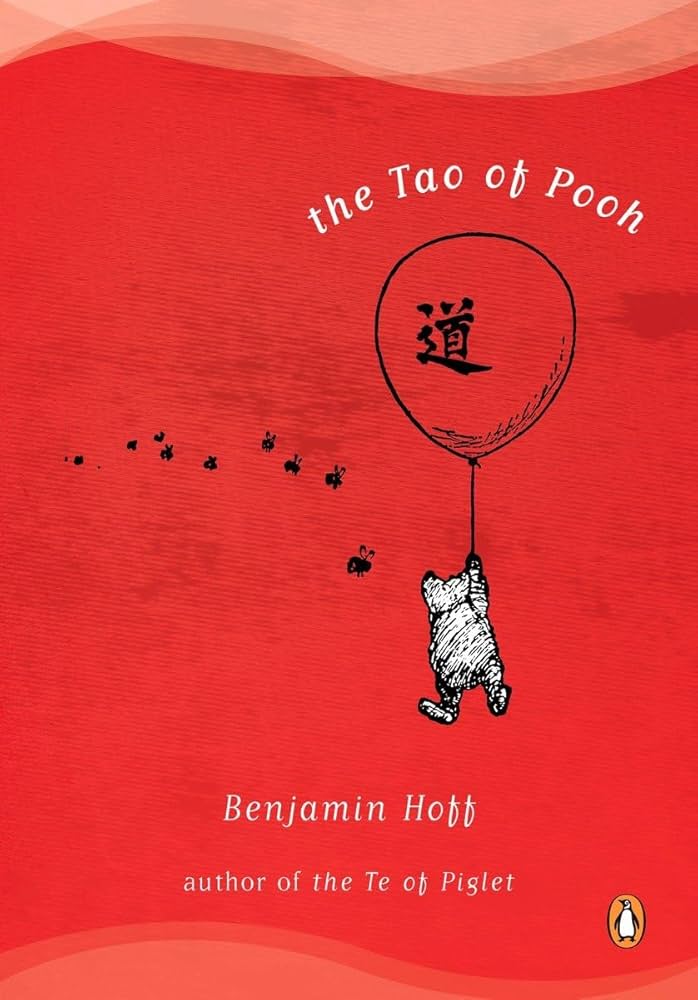
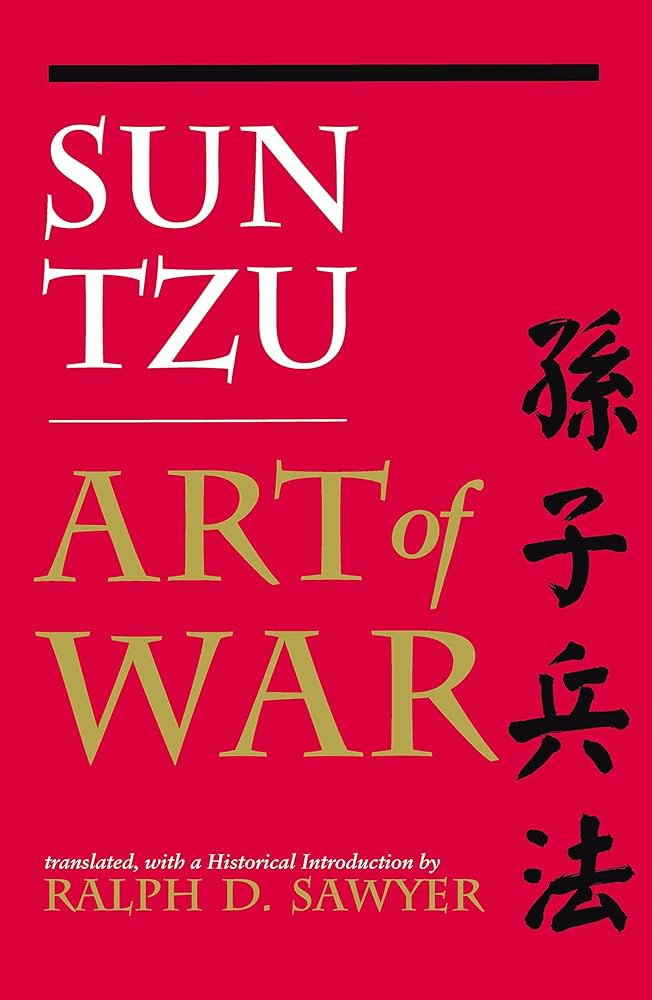
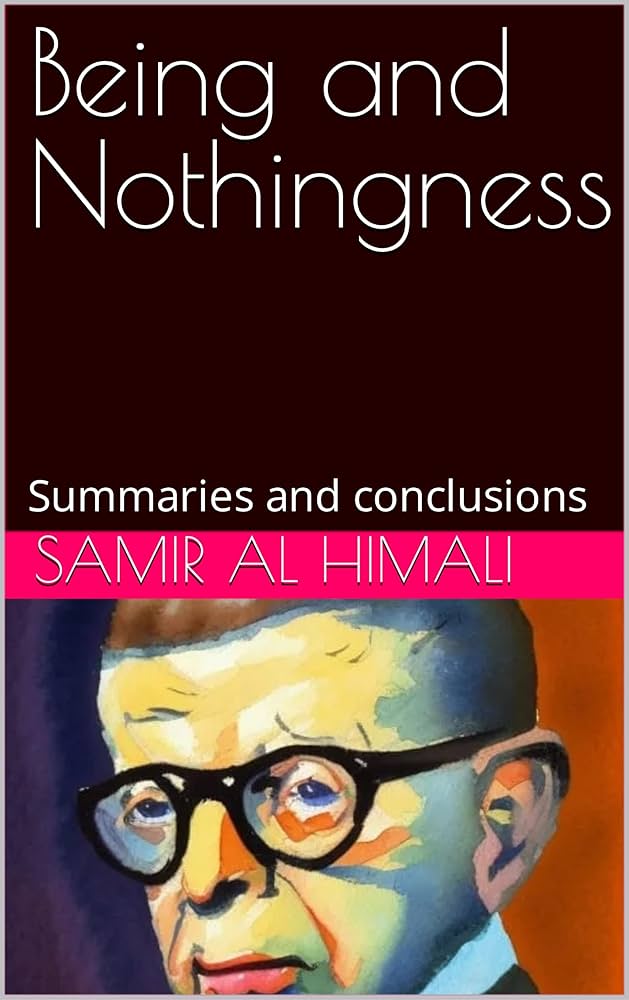

Hamisu –
“Wittgenstein’s “Philosophical Investigations” is a truly remarkable and thought-provoking read. It completely shifted my perspective on language and its connection to our everyday experiences. The concept of language games is fascinating, offering a new way to understand how meaning is created and used. This book isn’t just an intellectual exercise; it’s a deep dive into the essence of human understanding, and I found it incredibly rewarding and insightful.”
Jacinta –
“Wittgenstein’s Philosophical Investigations is a challenging but ultimately rewarding read. It completely shifted my perspective on language and how we use it, prompting me to think critically about the assumptions I’d always held. The concept of language games is particularly insightful, and the ebook format made it easy to revisit and reflect on his arguments. A truly profound work that continues to resonate long after finishing it.”
Alasan –
“Wittgenstein’s ‘Philosophical Investigations’ is a challenging but ultimately rewarding read. It completely shifted my perspective on language and how we understand meaning. The concept of language games is particularly insightful, and the book provides a wealth of food for thought about the nature of human communication. It’s a profound work that will stay with you long after you finish reading.”